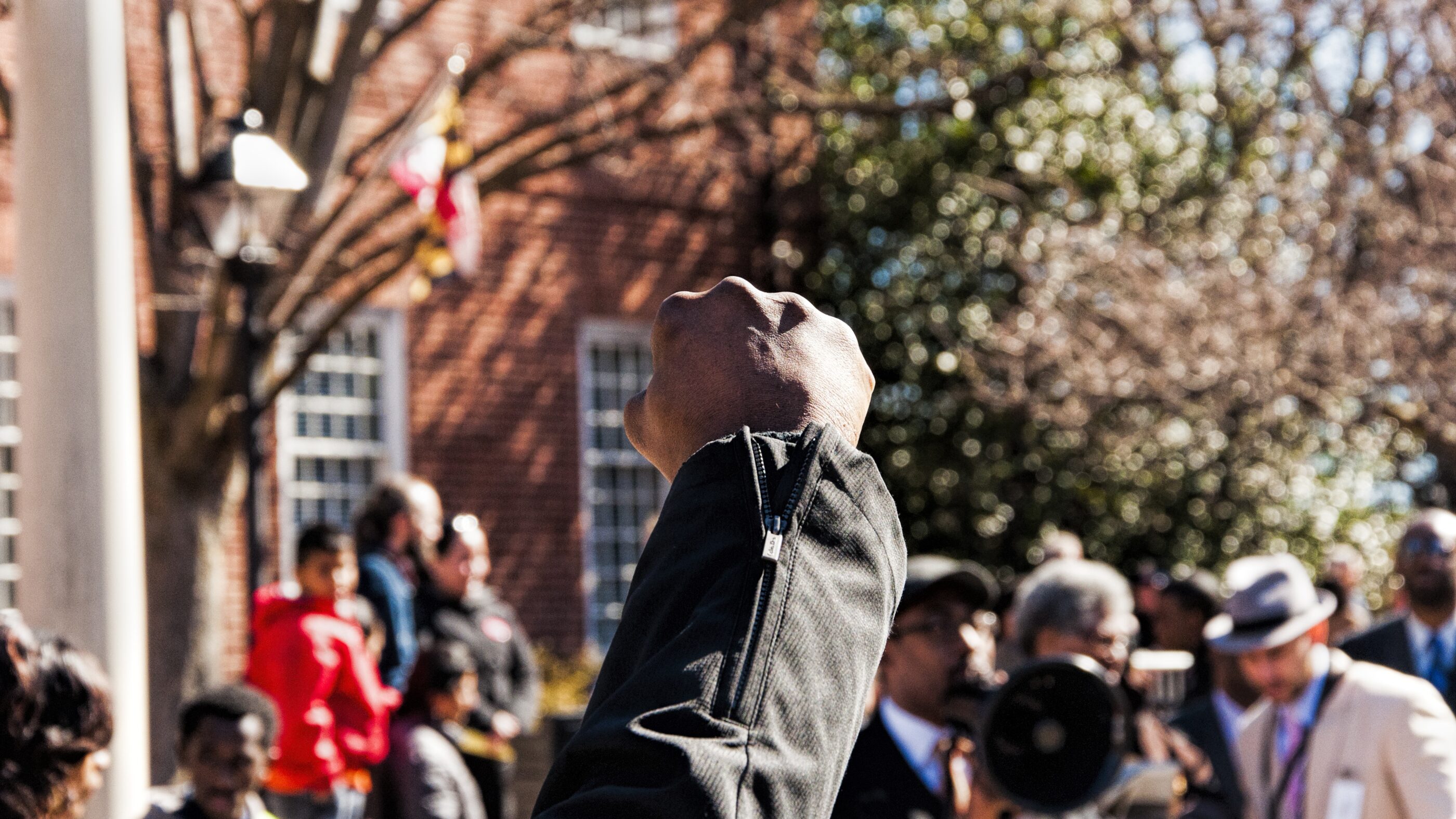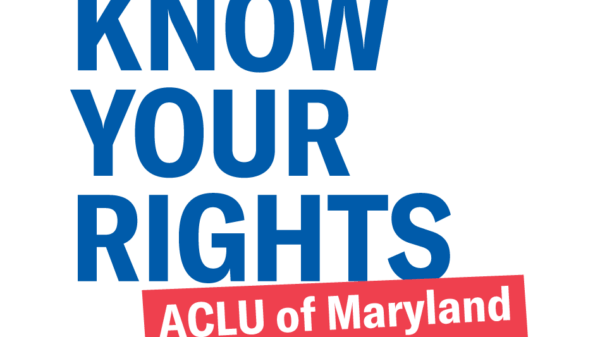If a Black man runs from the police when they pull into his neighborhood, is that evidence of guilt or a rational act of self-preservation?
Authors: Jonathan M. Smith (jonathan_smith@washlaw.org) is executive director of the Washington Lawyers’ Committee for Civil Rights and Urban Affairs, and Deborah Jeon (jeon@aclu-md.org) is legal director of the ACLU of Maryland.
If a Black man runs from the police when they pull into his neighborhood, is that evidence of guilt or a rational act of self-preservation? That is the question before the Maryland Court of Appeals in Washington v. State of Maryland. Given that Black people are killed at higher rates than white people, running from the police is an act of self-preservation.
On July 9, 2020, Tyrie Washington was standing in an alley with another person in Northwest Baltimore. Four officers were, according to their testimony, “riding around” to show their presence in a marked police car. As the car approached, Mr. Washington tried to run away and the officers ran after him. The officers testified that they did not see Mr. Washington engage in criminal activity. Without Mr. Washington’s decision to run from police in an area that the officer’s deemed to be “high crime,” there would be no basis to stop him. The police relied on a 22-year-old Supreme Court case that found, in the facts of that case, flight from officers in a high crime area were factors that could be considered to determine whether there was reasonable suspicion to engage in a stop.
The notion that flight means guilt is based on the faulty assumption that a Black man running from the police must have done something wrong. To reach that conclusion, one must ignore the fact that for people of color, particularly Black people, every police encounter, regardless of its origin or purpose, is dangerous and potentially life threatening. According to Mapping Police Violence, Black people are 2.9 times more likely to be killed by police than white people in the U.S.
While police violence and illegal arrests of Black people were as prevalent 22 years ago as they are today, and the innocent justifications to run just as legitimate, one thing has changed. Over the last decade cell phone, body worn camera, and other video recordings have demonstrated what Black people know too well – that every police encounter can be dangerous and there are many good reasons that a Black man might want to avoid them.
This opinion piece was originally published in Maryland Matters on December 14, 2022.



